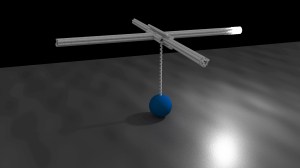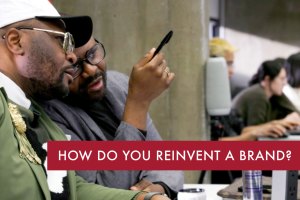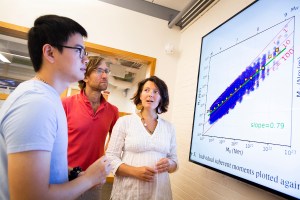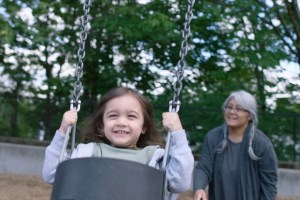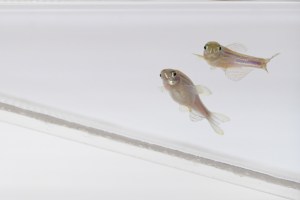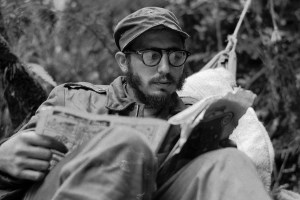Year: 2019
-
Science & Tech
Mercury levels in fish are on the rise
A new study concludes that while the regulation of mercury emissions have successfully reduced methylmercury levels in fish, spiking temperatures are driving those levels back up and will play a major role in the methylmercury levels of marine life in the future.
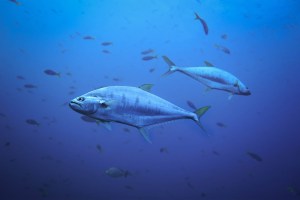
-
Nation & World
Want to stop mass shootings?
In the wake of mass shootings in El Paso, Texas, and Dayton, Ohio, the Gazette spoke with David Hemenway, professor of health policy at the Harvard T.H. Chan School of Public Health, director of the Harvard Injury Control Research Center, and author of the 2006 book “Private Guns, Public Health.” Hemenway has spent much of…

-
Campus & Community
Remembering Anne Monius, 54
Anne E. Monius, professor of South Asian religions at Harvard Divinity School, passed away Aug. 3, at the age of 54. An Oct. 11 memorial gathering will be held at Loeb House.
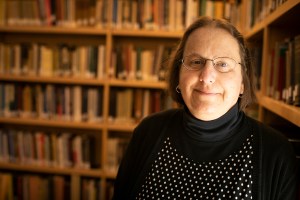
-
Health
What fuels prejudice?
A postdoctoral fellow working in the lab of Psychology Professor Matt Nock,Brian O’Shea is the lead author of a study that suggests racial tension may stem not from different groups being exposed to each other, but fear of a different sort of exposure — exposure to infectious diseases. The study is described in a July…
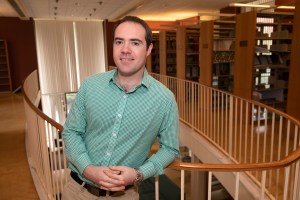
-
Campus & Community
Funding promising scientists
Associate Professor of Physics Cora Dvorkin and Associate Professor of Computer Science Stratos Idreos will each receive at least $150,000 a year for the next five years through the Department of Energy Early Career Research Program.
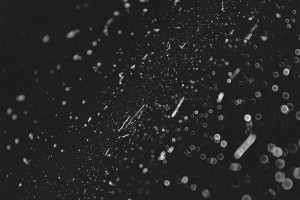
-
Nation & World
Digging up the past
Harvard archaeology Professor Matthew Liebmann sat down with the Gazette to talk about his research, how his field has reckoned with the past, and how both influence his teaching.
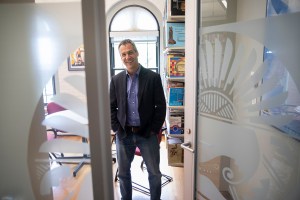
-
Health
CBD rollout shines light on Wild West of supplements
A marijuana derivative called cannabidiol, or CBD, has begun making its way into supplements and even into foods, a use that runs afoul of an FDA designation of the compound as a prescription drug. A Harvard Medical School associate professor says CBD’s tangled legal status may provide an opportunity not only to clear up its…
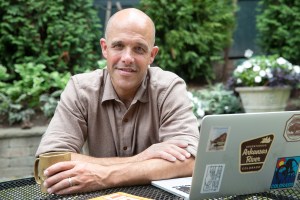
-
Arts & Culture
Research and everyday life
Harvard students are keeping busy with summer research projects across multiple disciplines.
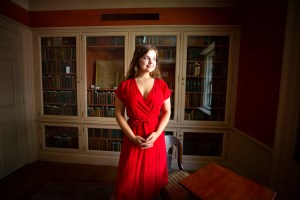
-
Arts & Culture
Connecting with a masterpiece
A small installation on view through November will feature one of the museums’ recent Rembrandt acquisitions, “Four Studies of Male Heads.”
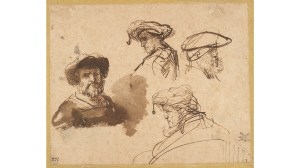
-
Science & Tech
Giving teachers a DNA refresher
Mansi Srivastava’s lab worked with middle school teachers in an education workshop on DNA and evolution.
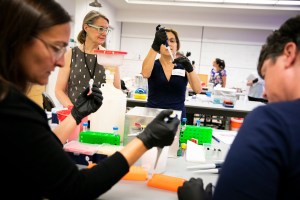
-
Nation & World
No visible bruises
Rachel Louise Snyder spoke with Diane Rosenfeld, a lecturer and director of the Gender Violence Program at Harvard Law School, about her book “No Visible Bruises: What We Don’t Know About Domestic Abuse Can Kill Us.”

-
Science & Tech
The Mesoamerican attraction to magnetism
Led by Assistant Professor of Earth and Planetary Sciences Roger Fu, a team of researchers has shown that the makers of ancient Mesoamerican statues found in Guatemala intentionally carved the figures to place the magnetic areas over the navel or right temple — suggesting not only that they were familiar with the concept of magnetism,…
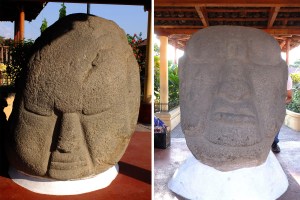
-
Science & Tech
Electrifying insights into how bodies form
A researcher is reviving the study of bioelectricity to learn how cells communicate with each other to form tissues and organs, and how harnessing those signals could one day lead to truly regenerative medicine, in which amputees could simply regrow limbs.
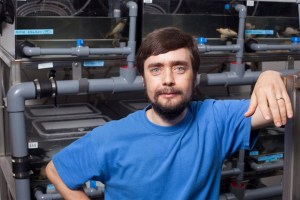
-
Campus & Community
One thing to change: Question that status quo
I. Glenn Cohen explains the dangers of assuming that the way things are is how they should be.
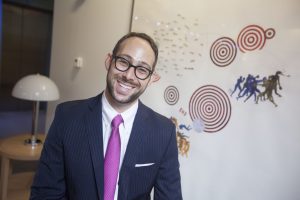
-
Science & Tech
Visual forensics that can detect fake text
Researchers at the SEAS and IBM Research developed a better way to help people detect AI-generated text.
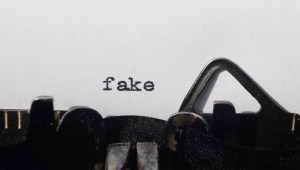
-
Campus & Community
Perfection in miniature
Time and knowledge may be the most powerful fertilizers for the Arnold Arboretum’s Bonsai and Penjing Collection, which houses 43 miniature — and ancient — trees.
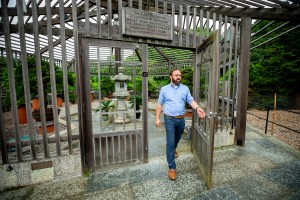
-
Work & Economy
Social spending on kids yields biggest bang for the buck
Opportunity Insights, a Harvard-based institute of social scientists and policy analysts, looked at a range of social programs to determine which provided the most bang for the government buck, and spending on children came out on top — particularly in the case of disadvantaged kids.

-
Science & Tech
Using body heat to speed healing
To speeding up wound healing, researchers have developed active adhesive dressings based on heat-responsive hydrogels that are mechanically active, stretchy, tough, highly adhesive, and antimicrobial.
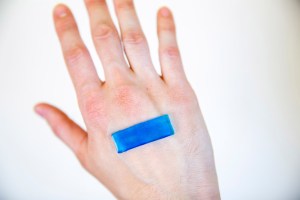
-
Nation & World
Message in the dust
An unusual find during a Harvard Summer School program archaeological dig teaches students the fundamentals at one of Peru’s most important sites.
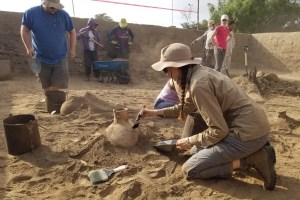
-
Health
Want to quit smoking? There’s the e-cigarette
A new study provides critical population-level evidence demonstrating that using e-cigarettes daily helps U.S. smokers to quit smoking cigarettes.
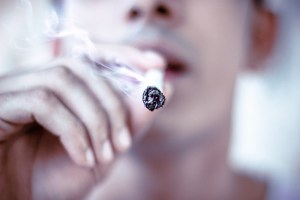
-
Arts & Culture
Out of many, one — band, that is
Members from the Harvard Summer Pops Band share how they became part of the band.
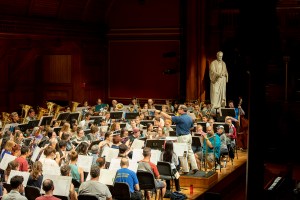
-
Work & Economy
A social-networking website for student travelers
Harvard students Luke Heine and Raphael Rouvinov built a new student travel meet up program, Summer Playbook, to help college students connect with each other all over the world. The app has drawn seed money from Silicon Valley.
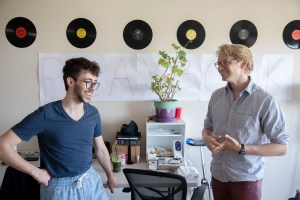
-
Health
Growing support for plant-based diet
A new meta-analysis shows that people who follow predominantly plant-based diets with greater adherence have a 23 percent lower risk of developing Type 2 diabetes than those who follow these diets with lower adherence.
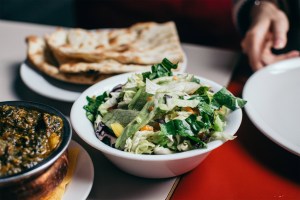
-
Campus & Community
One thing to change: Embrace mindfulness
Professor of psychology Ellen Langer applies mindfulness to absolute truths.
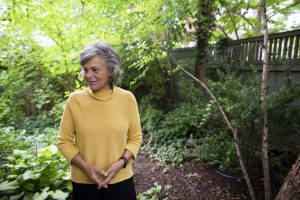
-
Campus & Community
Helping teachers learn
A preview of a Project Zero Classroom (July 22-26). Teachers from all over the country and the world come to Harvard Graduate School of Education to learn new practices to help students engage and learn at Project Zero Classroom.
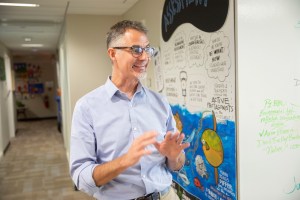
-
Science & Tech
A new spin on an old question
Understanding how DNA and proteins interact — or fail to — could help answer fundamental biological questions about human health and disease.
